Over the past 20 years, the global healthcare industry has experienced exponential expansion. The healthcare industry is increasingly integrating technology, from the rising use of data-driven decision making to the expanding adoption of telehealth and the incorporation of AI into diagnostics. Uncertainties have also elevated healthcare to a new level at the same time. Additionally, healthcare companies have been crucial in combating the COVID-19 pandemic. Healthcare providers are being pushed to look for potential amid the obstacles as digitalization efforts sparked and virtual care delivery became widely accepted.
In light of this situation, the healthcare market has become more competitive and everyone is striving to be one step ahead of the competition.
Top 15 Healthcare Startups to Watch in 2025.
1. Ophelia

The company’s goal is to offer the finest treatment for opioid addiction without the drawbacks of rehab. They are dedicated to privacy and are science-driven. They prioritise advice above directives. A judgment-free, evidence-based method to treating opioid use disorder in the comfort of your own home.
2. Metriport
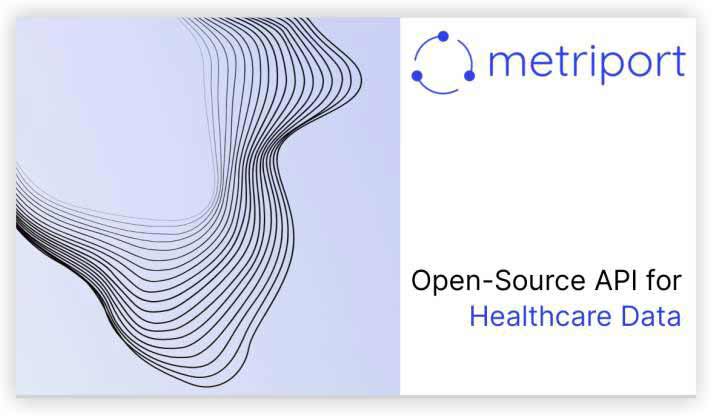
Metriport provides a single open – sourced API that allows digital health enterprises to access and control health and medical data. Through a single, standardised API, Metriport makes it simple to connect to your consumers’ wearables, RPM gadgets, and mobile health apps. It provides open-source technology, giving you access to community, development speed, and security that are unmatched in their class right out of the box. The startup’s goal is to accelerate digital health businesses at a percentage of the expense of the slow and expensive alternatives available.
3. Malama Health
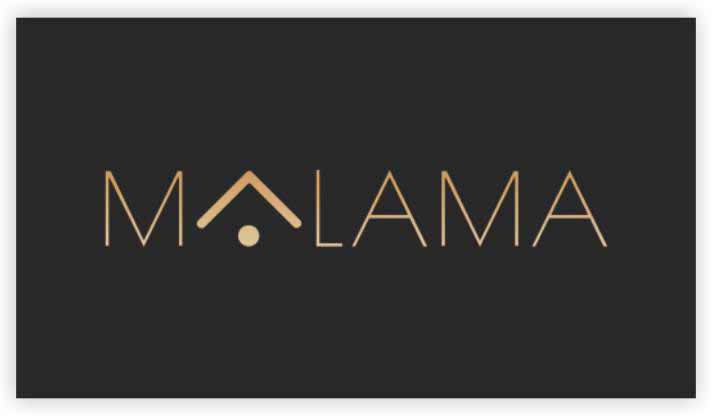
Nearly 1 in 5 women have diabetes during pregnancy, which may be monitored remotely in accordance with HIPAA regulations thanks to Malama. By making it simple for individuals and healthcare professionals to track meal and glucose data, the platforms want to reduce the number of C-sections and preterm births. The platform went live in August 2022, quickly signed five pilot partners, namely Stanford Hospital and Santa Clara Valley Medical, and has a further thirty in the queue.
4. Brave Health
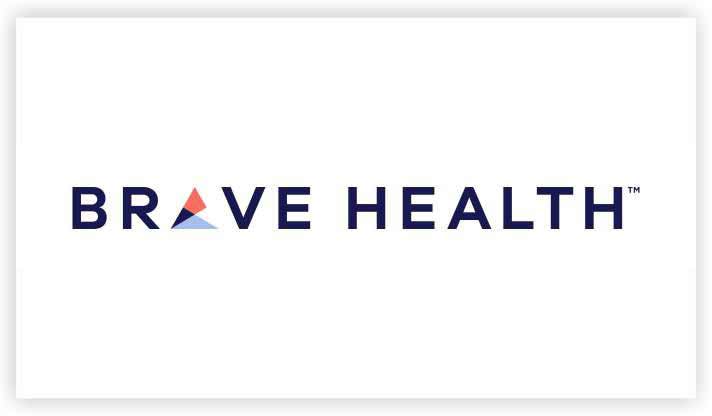
The goal of Brave Health is to increase access to behavioural health treatments that are both high-quality and reasonably priced. The business makes therapy accessible to more individuals when and when they need it by using telehealth. They are a licenced medicare provider that accepts most insurance policies, with the purpose of removing expense as a barrier to people seeking help.
5. Klarah
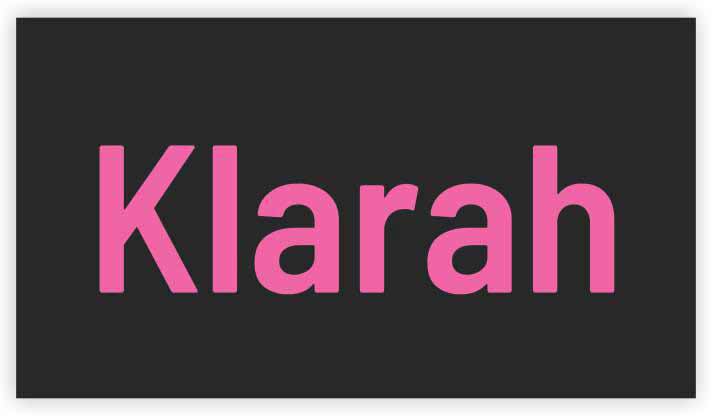
The goal of Brave Health is to increase access to behavioural health treatments that are both high-quality and reasonably priced. The business makes therapy accessible to more individuals when and when they need it by using telehealth. They are a licenced medicare provider that accepts most insurance policies, with the purpose of removing expense as a barrier to people seeking help.
6. Embleema
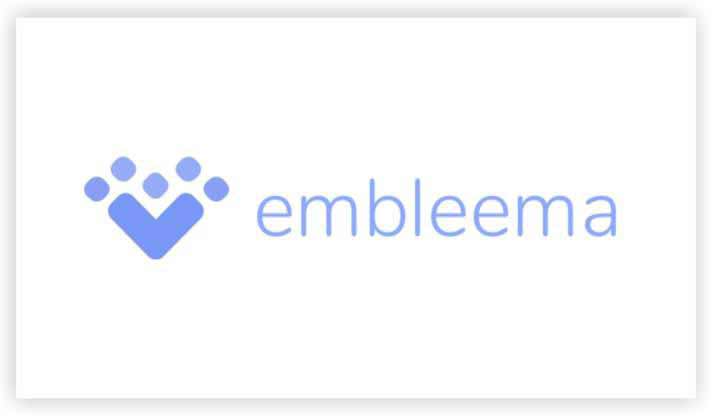
With its HIPPA-compliant healthcare blockchain network, Embleema enables patients to instantly exchange their medical records with researchers and clinicians. This healthcare start-up has enlisted virtual trial and regulatory analysts, who have developed a data network for speedier research and regulatory approvals. Furthermore, patients who are sharing their health data with researchers could be compensated in cryptocurrencies.
7. K Health
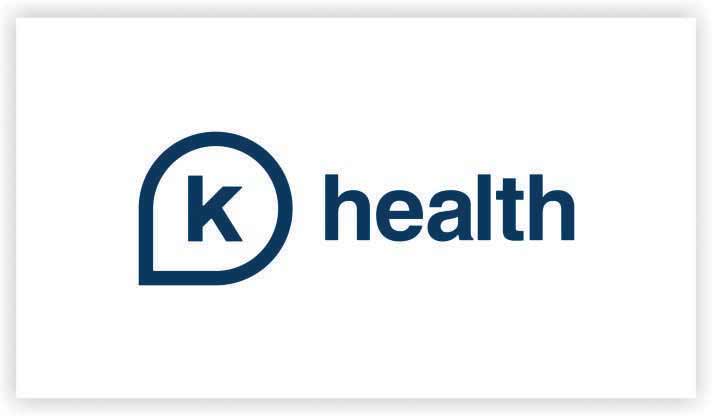
K Health is a cutting-edge healthcare firm that solicits anonymised data from individuals regarding their health histories and ongoing illnesses. It does this by analysing the results from patients and using artificial intelligence to provide users insights into and advice for how to manage their health issues. Any patient can log into their app to view a list of possible diagnoses. Users have the ability to connect with qualified specialists in their neighbourhood in addition to this.
8. Prognos
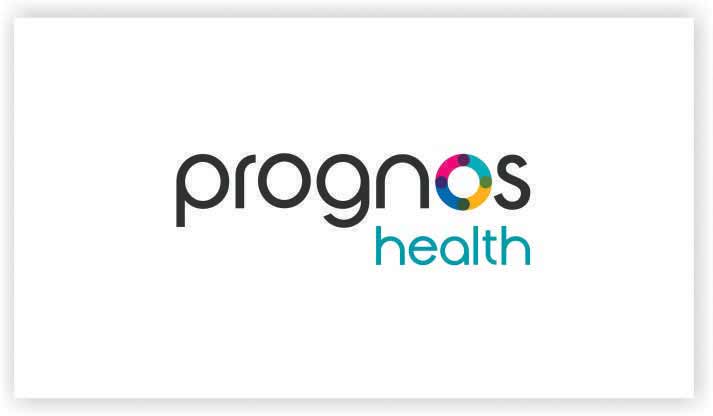
Prognos is revolutionising the way people can access, manage, and use patient-centric analytics. Using a HIPAA-compliant structure, this platform collects, normalises, and offers clinical analyses of diagnostic data. Also, it can be linked to prescriptions and claims data. Prognosis employs AI for clinical analytics across 30 ailments to enable early disease identification, chances for clinical trials, suggest risk, and highlight treatment gaps.
9. Benevolent AI
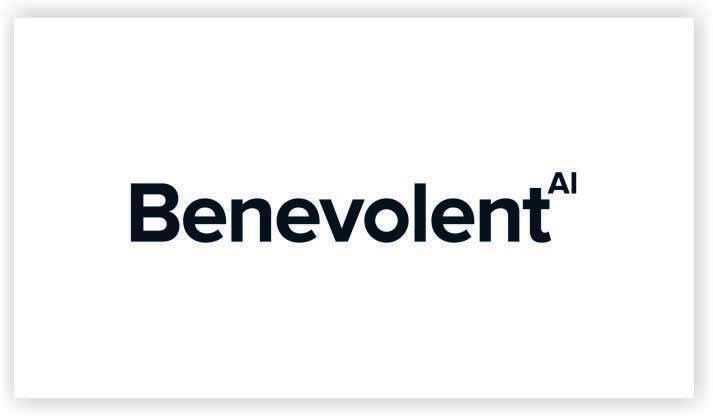
BenevolentAI is focused on developing medications for conditions that are currently untreated. This platform makes it possible by fusing drug research with the right patients. It is creating drugs to treat fatal conditions like sarcopenia, Parkinson’s disease, and other motor neuron illnesses. This platform has so far offered about 20 medication programmes, and it is now attempting to innovate in other fields like novel materials, farming, and energy storage.
10. Hu-manity. Co
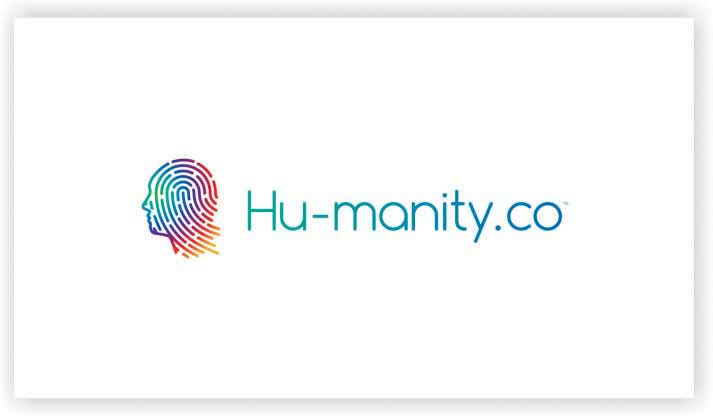
The firm promotes the privacy of clients’ data without having any negative effects on how they conduct business. Using proprietary technology based on blockchain, it seeks to establish a new decentralised human right that would allow people to sell their data for research and marketing. In addition, the firm has created an app that allows users to construct searchable profiles that may be used by pharmaceutical researchers to find specific individuals for clinical trials. Also, it allows for users to get paid within the app for their data without any privacy violations.
11. SonderMind
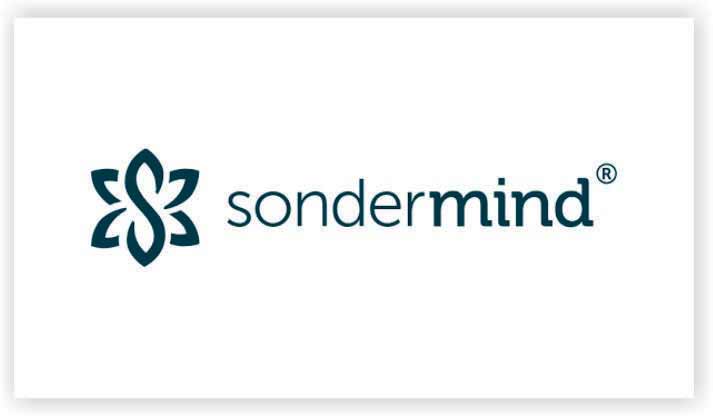
Technology from SonderMind connects people with therapists who can best serve their unique mental health requirements. Their platform has functions like instant scheduling and matching for people, as well as administrative features that aid therapists in treating patients and providing services.
12. CareRev
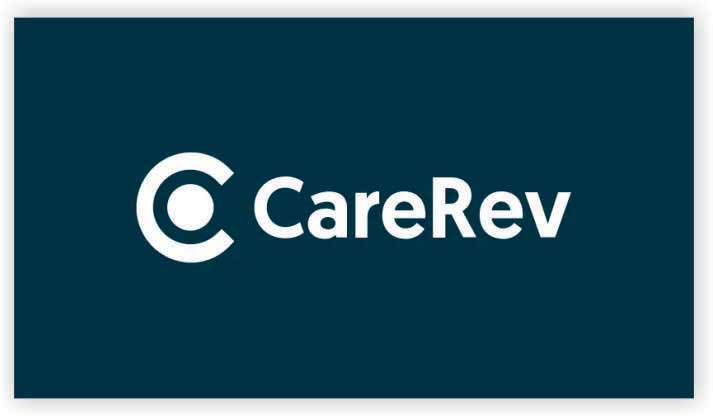
Healthcare institutions and medical experts can communicate directly through the online marketplace platform CareRev. Employers can cut labour costs thanks to the solution, which gives employees the option to decide what hours they work. With more than 30 health care centers, 500 outpatient facilities, and 11,000 healthcare professionals, the firm generates up to $100 million in revenue annually.
13. Modern Fertility
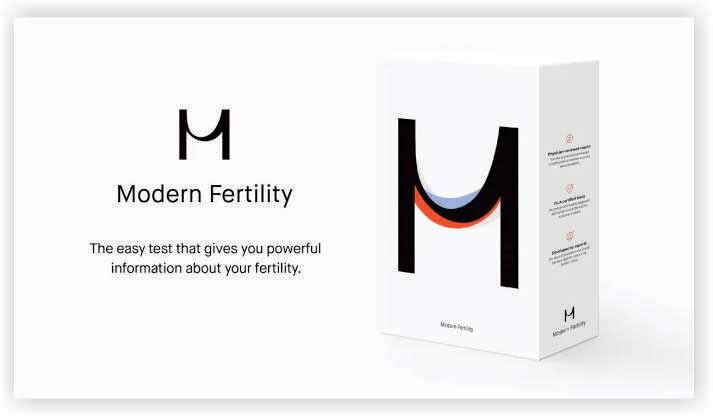
Afton Vechery and Carly Leahy, the company’s co-founders, were shocked by the high cost and limited availability of tools for female fertility testing. So they started Modern Fertility. It is a female-centric healthcare firm that offers women with total access to women’s health and fertility examinations.
14. Embleema
The company’s secure network provides patients ownership over their personal medical information, letting them to share it with healthcare providers and scientists while also receiving cryptocurrency compensation for it if they so desire. Pharmagest Group, a healthtech firm purchased 15% of the blockchain firm in 2019 in an effort to increase the range of healthcare solutions available to their European clients.
15. Headspace
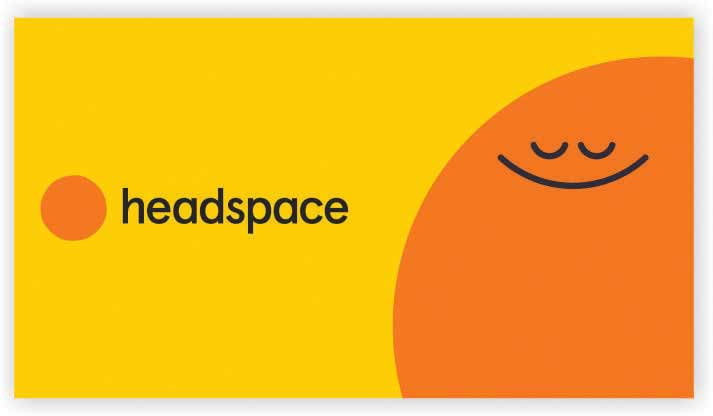
Headspace is an app for meditation and wellbeing, and offers users options for bettering their sleep, guided meditations, and more. It was launched in 2010 by Andy Puddicombe, a former monk, and Richard Pierson, a former advertising executive. The firm has raised approximately $200M in financing since its inception, and researchers have used it as a resource in several clinical studies.
Conclusion
That concludes our list for the top 15 healthcare startups to watch in 2025. Mental health and women’s healthcare are two major topics among the startups highlighted. Apart from that, there is a strong focus on accessible healthcare, telehealth, and at-home healthcare. Given these radical values and the general push toward digitalisation, these startups have the potential to have a major impact on health and wellness over the coming few years.
Read More
- How to Start an Online Business Without Investment
- Top Real Estate Companies of USA
- Top 10 Construction Companies in India
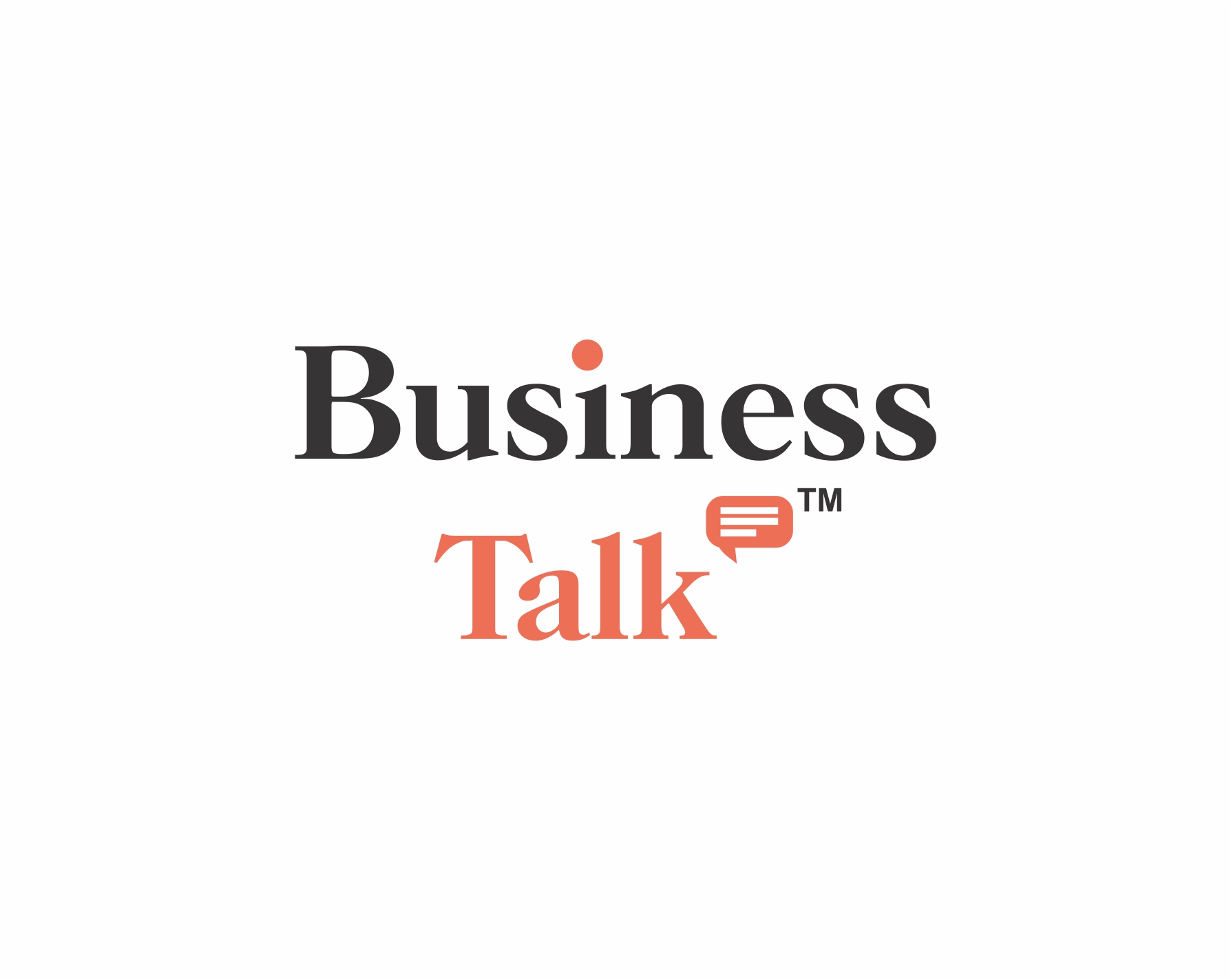
Business Talk is a digital business magazine that caters to CEOs, Entrepreneurs, VC, and Corporates. While working with entrepreneurs and business executives, we focus not only on their achievements. Our mission is to shed light on business entities, including their innovations, technological benchmarks, USPs, and milestones/accolades.













